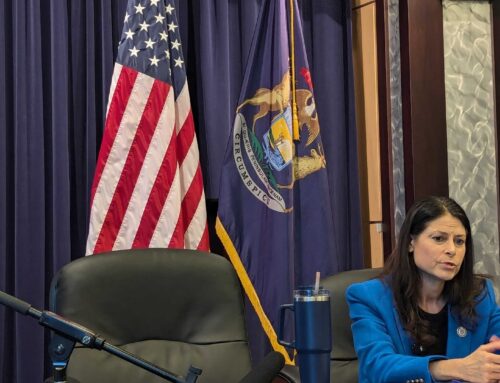Nonprofit races to save science, environmental-justice website data
April 1, 2025
As U.S. government website purges continue, one nonprofit is racing to track and save as much data as possible.
The Open Environmental Data Project is one of several organizations working to preserve public access to federal climate science and environmental justice data and tools. Their efforts are a direct response to the Trump administration’s orders to scrub government websites of information and references related to DEI and climate change, among other topics.
Katie Hoeberling, director of policy initiatives for the project, said people rely on data to support critical research, advocacy and policy, and litigation work.
“Everyone who has paid taxes in the last two decades helped create this information,” Hoeberling pointed out. “So the fact that it’s been taken down, not only is it kind of erasing the history of our country, it feels like theft.”
In Illinois, environmental data has spurred action through such initiatives as the Climate and Equitable Jobs Act and policies to address environmental justice issues and climate change effects.
When it comes to environmental justice, Hoeberling acknowledged there are always multiple burdens but said climate science datasets and tools help aggregate key information to address them and serve as a widely accepted body of evidence to help hold polluters accountable, aid in climate-change planning and guide agencies in prioritizing funding for disadvantaged communities.
“The data removals are just part of this larger effort to not just stop supporting communities that need support but to hide the impacts that we are inevitably going to feel and are already feeling,” Hoeberling contended.
Cathy Richards, data inclusion specialist for the project, said she tries to focus on how challenging times have presented an opportunity to rebuild in better ways.
“One of the big things that’s in this process I’ve been thinking a lot about is developing platforms and data portals in ways that make it a lot easier for people to access things, a lot more resilient generally,” Richards explained.
Along with focusing on high-priority federal website information, the project is looking at “lower-risk” data from nongovernment websites to save and house on its website. People can also nominate a website to be archived.
get more stories like this via email
Search
RECENT PRESS RELEASES
Related Post




